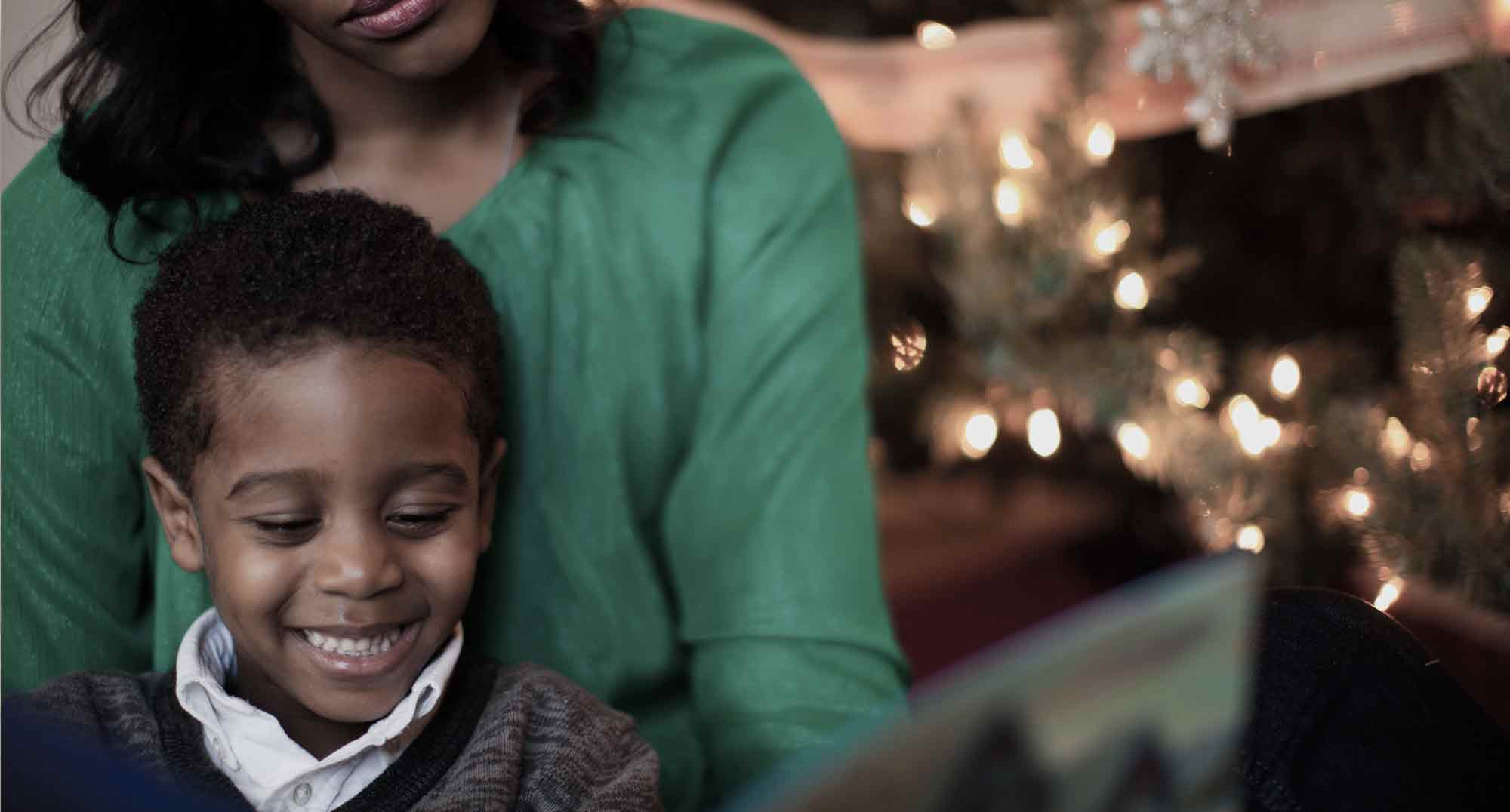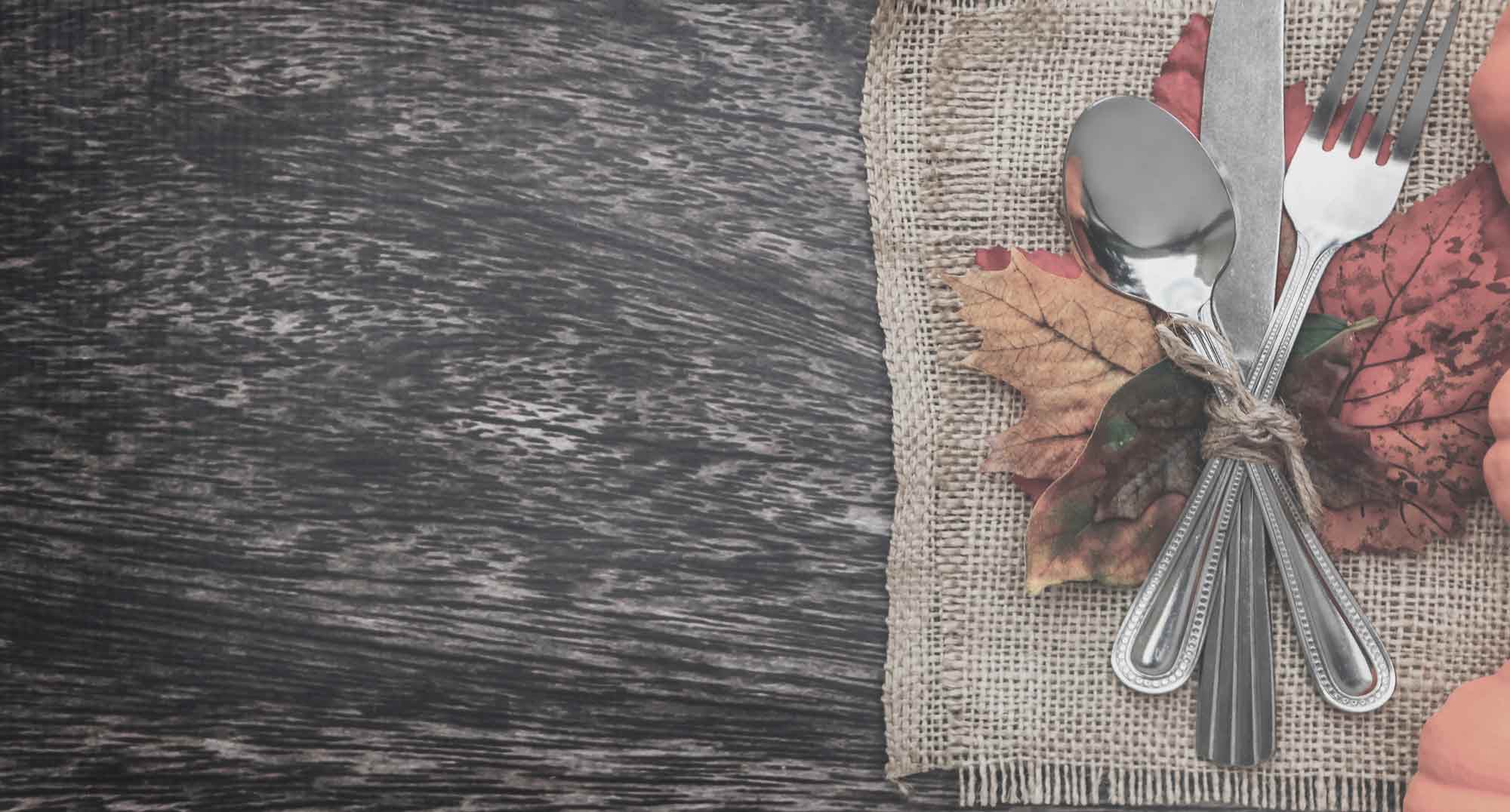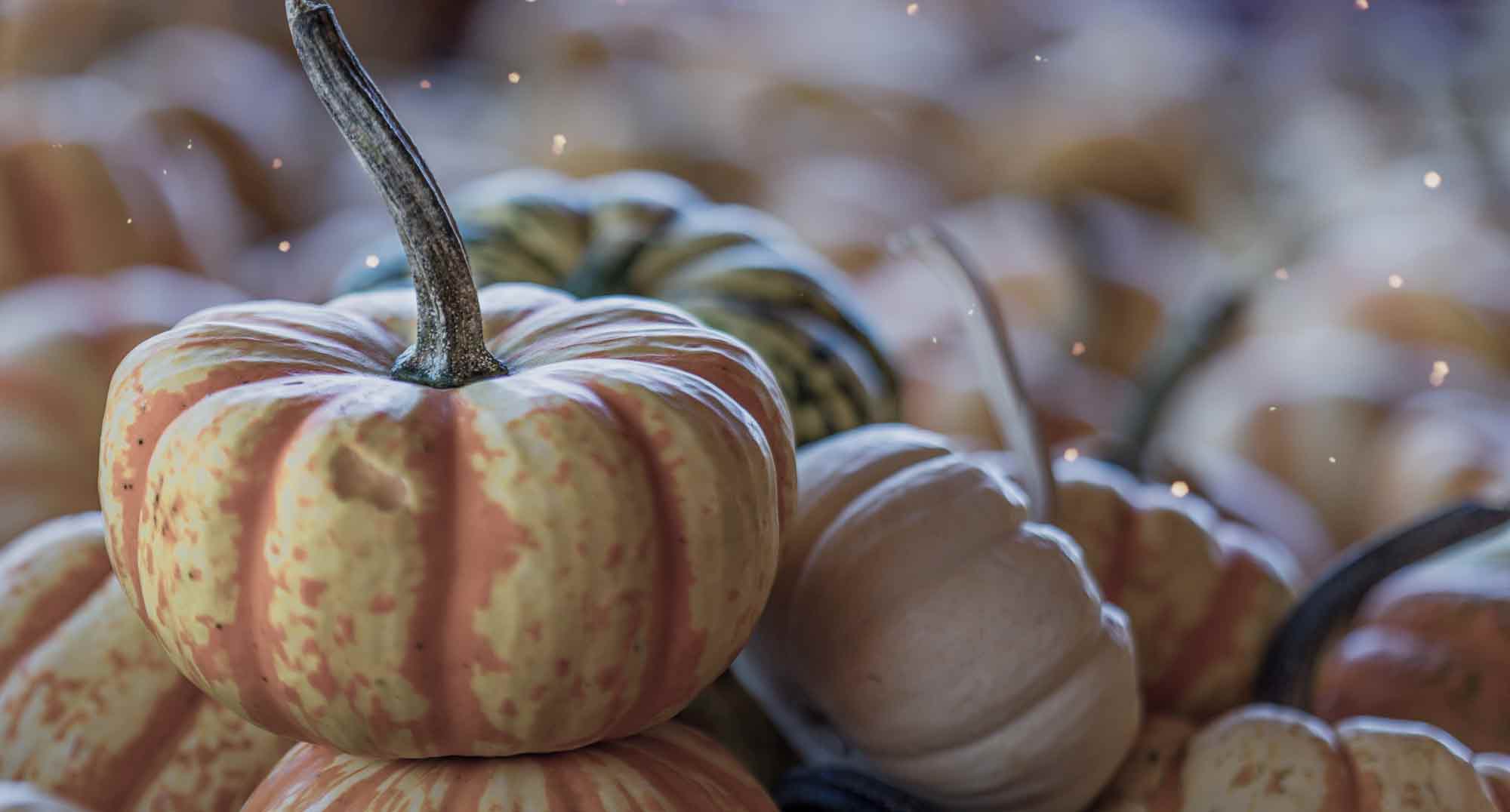The Wonder and Joy of Advent
BARBARANNE KELLY|CONTRIBUTOR The anticipation of Christmas begins building earlier and earlier these days, doesn’t it? The past couple of years have been especially hard on us all, with the common hardships and losses of the pandemic combined with stridently divisive voices shouting at us from every source of media. Our fears and isolation magnified until we are numb. It’s no mystery why we start looking forward to the Christmas season even before the first leaf falls in autumn. Amid all the tumult and strife of our weary world, we long for peace. Bombarded by cynicism and sarcasm we seek for simple, childlike wonder. Drowning in heartache and pain, we hope, however faintly, for joy. Peace is the great need of mankind, but it won’t be found in the traditions and celebrations of a mid-winter holiday. Wonder doesn’t come wrapped in shiny paper and bows, and joy can’t be manufactured and ordered with one-day shipping. The Peace We Need Most The peace we need is a person—our Lord and Savior Jesus Christ. We need Jesus because the root of all our tumult and strife isn’t the wars that rage between peoples and nations, between political parties and factions, or even the strife between family members which drives loved ones apart. The source of our unrest is that we were born at war with God—enemies with our Creator. Because of the sin resident within our hearts, we cannot make peace on our own. We need the peacemaker. We need Jesus. During this Advent season, we anticipate the celebration of his birth, which was foretold by the prophets of old: But you, O Bethlehem Ephrathah, who are too little to be among the clans of Judah, from you shall come forth for me one who is to be ruler in Israel, whose coming forth is from of old, from ancient days… And he shall stand and shepherd his flock in the strength of the Lord, in the majesty of the name of the Lord his God. And they shall dwell secure, for now he shall be great to the ends of the earth. And he shall be their peace. (Micah 5:2, 4–5a) True wonder wells up in us as we learn who this child is, born to Mary, wrapped in swaddling cloths, and laid in the manger: For to us a child is born, to us a son is given; and the government shall be upon his shoulder, and his name shall be called Wonderful Counselor, Mighty God, Everlasting Father, Prince of Peace. Of the increase of his government and of peace there will be no end, on the throne of David and over his kingdom, to establish it and to uphold it with justice and with righteousness from this time forth and forevermore. (Isaiah 9:6–7) Very God of Very God Isaiah drew a strong prophetic sketch of the child who is Mighty God, the Everlasting One who will establish David’s throne and rule his kingdom of peace forevermore. The apostle Paul filled in the sketch with blazing colors: He is the image of the invisible God, the firstborn of all creation. For by him all things were created, in heaven and on earth, visible and invisible, whether thrones or dominions or rulers or authorities—all things were created through him and for him. And he is before all things, and in him all things hold together. And he is the head of the body, the church. He is the beginning, the firstborn from the dead, that in everything he might be preeminent. For in him all the fullness of God was pleased to dwell, and through him to reconcile to himself all things, whether on earth or in heaven, making peace by the blood of his cross. (Colossians 1:15–20) This is the child who is born to us, the Son given to us. He is, as the creed so boldly declares: “very God of very God.” Our Creator humbled himself to be born of a virgin in order to reconcile to himself all things. The Son of God, born to bring peace by his death on the cross...










